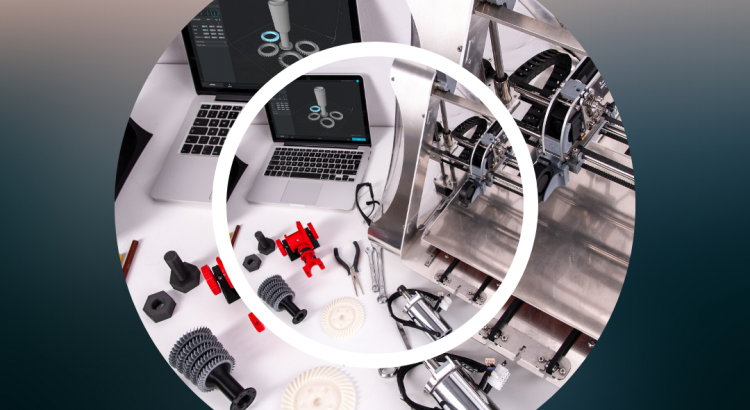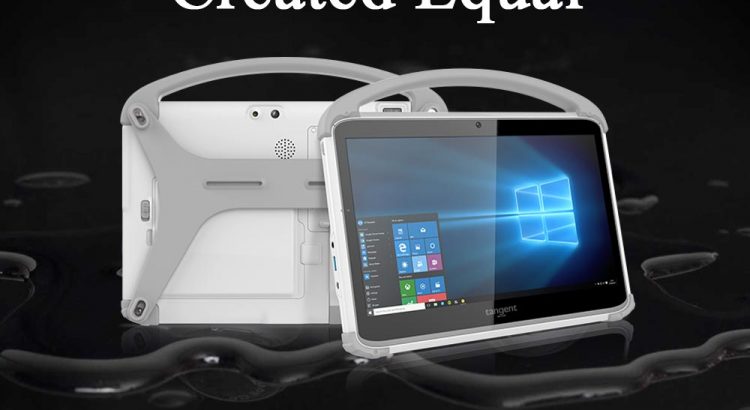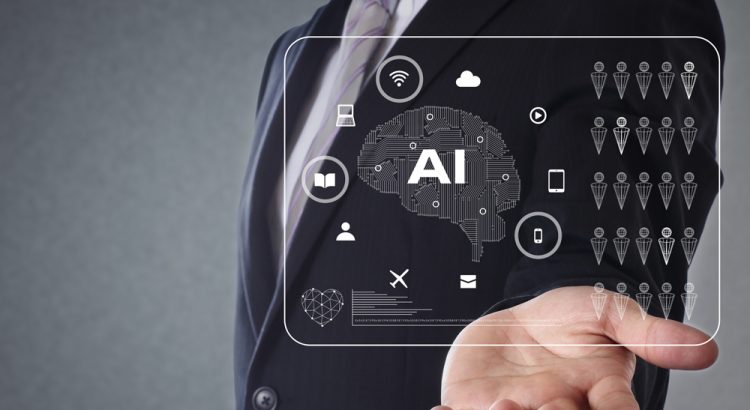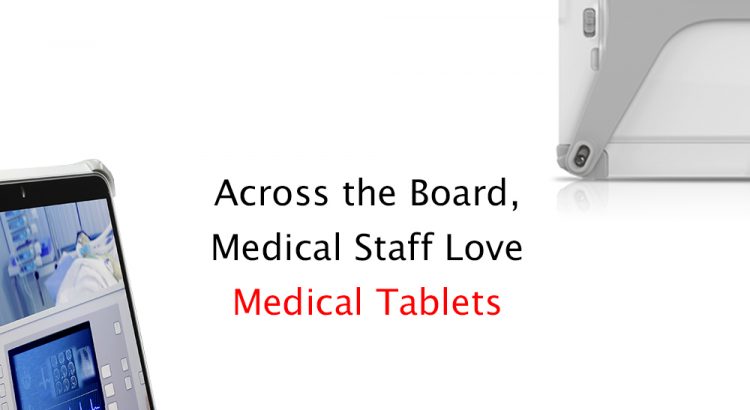Face-To-Face: The Patient’s Preference It almost goes without saying that as social creatures, people love talking to people. But in today’s modern world, machines and automation are taking the human element out of many sectors of the economy, leading people to feel isolated from the institutions they rely upon. Nowhere else is this as pronounced […]

How Can Stress Be Reduced In The Industrial Workplace? Industrial Grade PCs May Hold The Key.
Stress impacts us in a variety of different ways. From our relationships with others to our quality of sleep, stress limits our ability to function at our prime. When workers bring stress into the job site, it can lead to a drastic increase in accidents in the workplace. According to Dr. David Spiegel, a medical […]

Will Automation Take Over Manufacturing?
It’s a both awe-inspiring, and terrifying prospect: a fully automated factory. While there are debates surrounding the use of such facilities, a fully automated facility is still some time away. Scott Anderson, director of Amazon Robotics Fulfillment recently said in an interview with Reuters that the technology needed to automate an entire Amazon facility was […]

Preventing Infections In A Post-Antibiotic World
The Center for Disease Control And Prevention just released a 2019 AR threats report titled Antibiotic Resistance Threats in the United States, with some startling findings for the calendar year. The report found that 2.8 million antibiotic-resistant infections occur in the U.S. every year, resulting in 35,000 deaths. That’s nearly 1% of the U.S. population […]

You Can’t Stop Clostridioides Difficile In The Hospital, But There Is Hope
If you work in a hospital, you may be familiar with Clostridioides difficile (C. diff), a bacterium strain that causes antibiotic-resistant infections. While the prospect of antibiotic-resistant bacteria, commonly known as “superbugs,” are scary enough on their own, a new study in the journal Antimicrobial Agents and Chemotherapy has given us a new reason to […]

Maintain Your Legacy Equipment Longer With Industrial Grade Computers
It’s a big world out there, full of not only people — but competition. Each and every day, technology is advancing in all fields, with industrial fields being no exception. While it may be nice to think that one can always stay at the forefront of industrial technology, doing so would be extremely cost-prohibitive. That’s […]

Emergency Services Benefit From Medical Tablets
The fires ravaging California are a grim reminder that the world as we know it is changing, in part, due to climate change. According to the Fourth National Climate Assessment, we can expect the acreage burned by wildfires to increase on a yearly basis as the amount of greenhouse gases in the atmosphere increases. As […]

Waterproof Computers – Tangent Waterproof Computers
Not every computer is created equal, and not every computer is able to handle the harsh environments present in the industrial setting. With oil production on the rise in the United States, keeping your refineries and drilling platforms operating is crucial to staying competitive. At Tangent, we have created a full line of waterproof computers, […]

Will AI Replace Doctors In The Near Future?
Every day there seems to be a new artificial intelligence (AI) that can compare our faces to celebrities or swap faces with friends. But recently the New Yorker published a story about how AI could one day take over the news rooms, and the implications of such a feat. AI are becoming increasingly complex, as […]

Medical Staff Love Medical Tablets
These days, it seems rare for groups to be able to find common ground, let alone fully agree on an issue. However, a recent study has shown that over 90% of medical staff comprised of individuals at various levels surveyed felt their institution should support tablet integration in their hospitals and clinics. The survey asked […]
